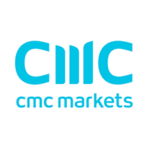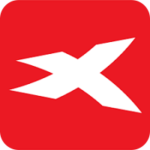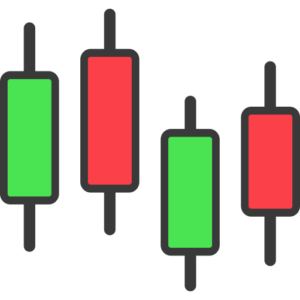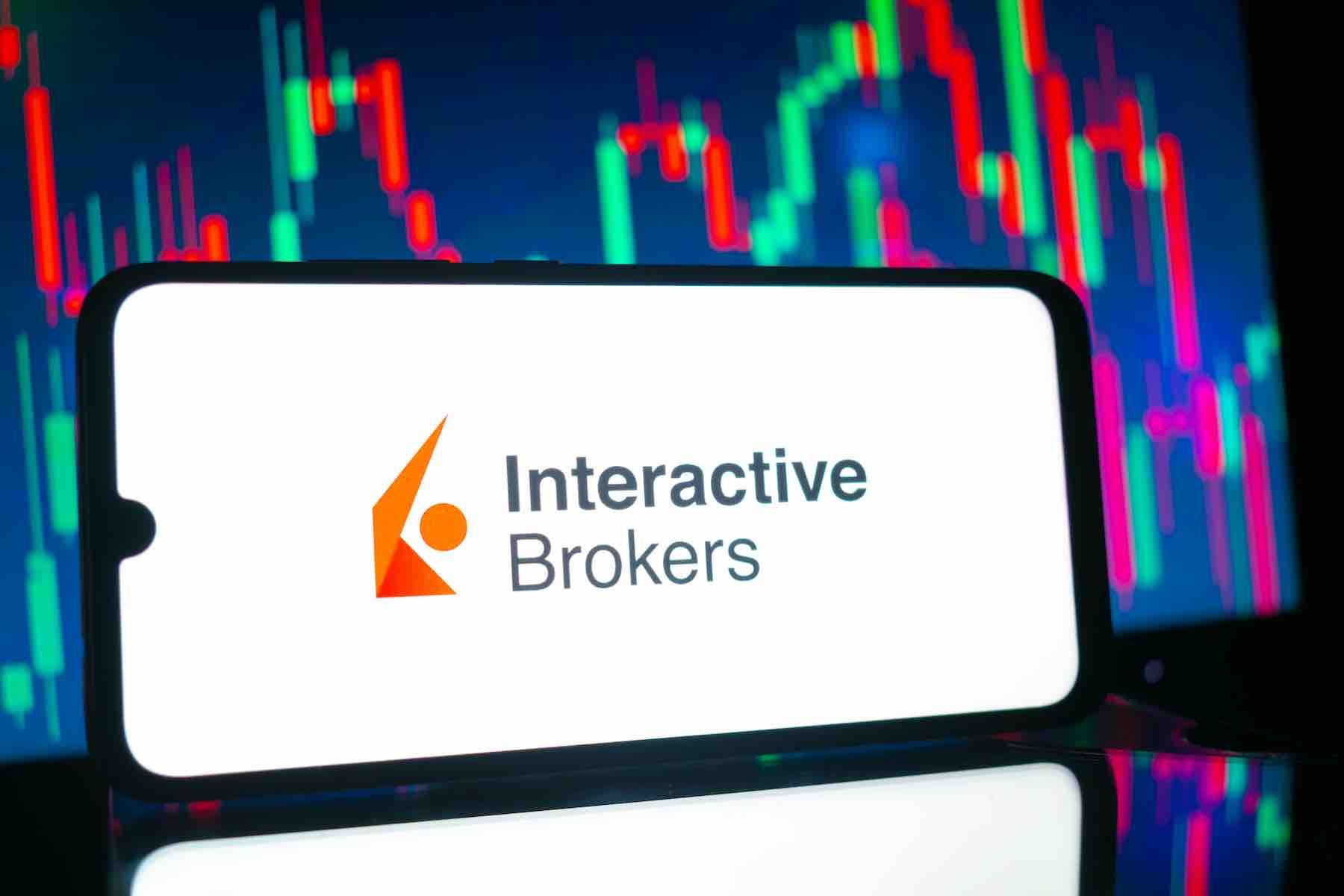Best Futures Brokers 2025
The global futures market is projected to surpass $60 trillion in notional value in 2025, underlining just how central futures trading has become. With so much volume and risk, it’s important to choose a broker that delivers on reliability, speed, and transparency.
Here at BrokerGuide, we focus on what matters: brokers who earn their reputation not by hype, but by delivering day after day for real traders.
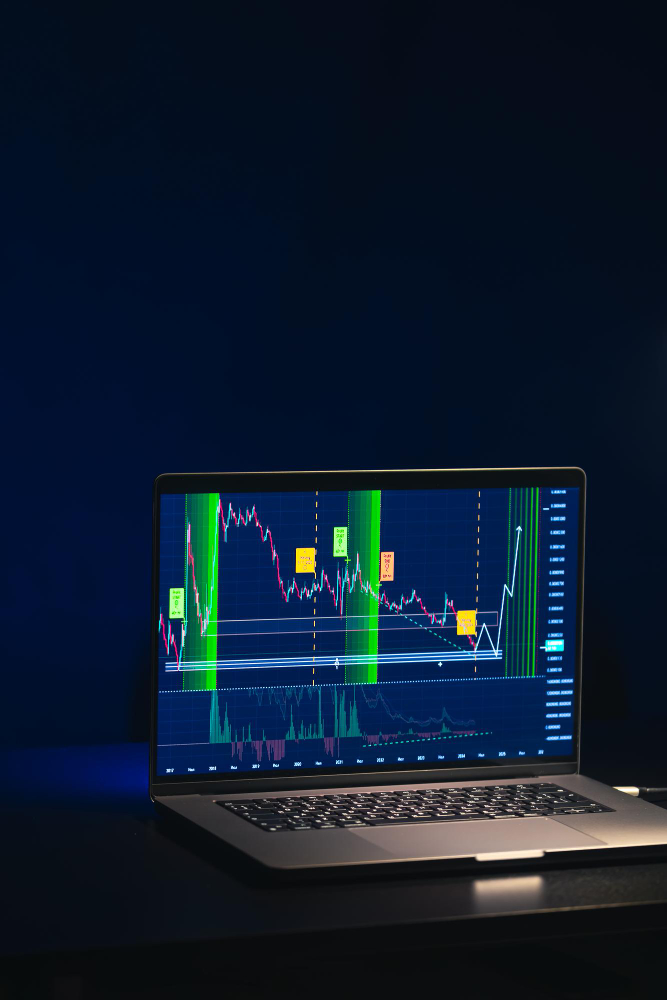
The 10 Best Futures Brokers in 2025
4.9/5 | ||
4.6/5 | ||
4.6/5 | ||
4.4/5 | ||
4.4/5 |
4.4/5 | ||
4.5/5 | ||
4.4/5 | ||
4.4/5 | ||
4.4/5 |
4.9/5 | |
4.6/5 | |
4.6/5 | |
4.4/5 | |
4.4/5 |
4.4/5 | |
4.5/5 | |
4.4/5 | |
4.4/5 | |
4.4/5 |
For traders, the right broker isn’t just about access, but it’s about speed, margin efficiency, and the tools that help you stay ahead in volatile markets. That’s why we’ve put together this list of the top futures brokers for 2025, tested and ranked for their platforms, fees, reliability, and overall trading experience.
Whether you’re hedging with crude oil, speculating on the S&P 500, or diversifying with agricultural futures, this guide helps you find the broker that fits your strategy.

Interactive Brokers
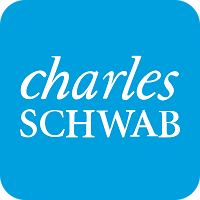
Charles Schwab
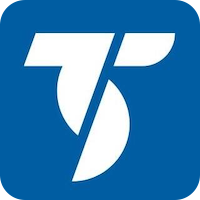
TradeStation
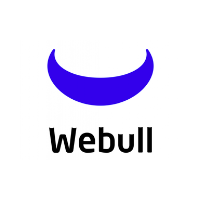
Webull
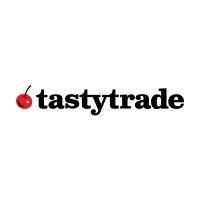
Tastytrade
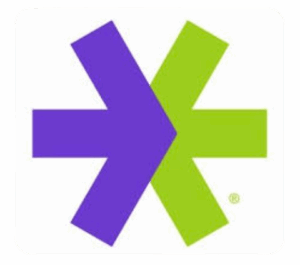
E*TRADE
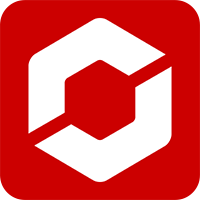
Tickmill

Robinhood
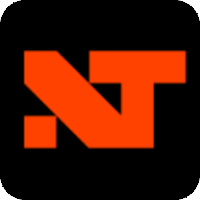
NinjaTrader
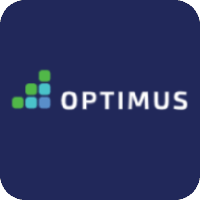
Optimus Futures
Key Takeaways
☑️ Interactive Brokers and NinjaTrader stand out for professionals who need global market access, deep research, and advanced futures trading tools.
☑️ Charles Schwab and E*TRADE offer trusted, full-service platforms with strong education, making them ideal for investors expanding into futures.
☑️ TradeStation and Optimus Futures shine for strategy-focused traders who want customizable platforms, backtesting, and automation.
☑️ Webull and Robinhood keep it simple, lowering the entry barrier for beginners with user-friendly apps and straightforward pricing.
☑️ Tastytrade and Tickmill deliver cost efficiency, transparent fees, and reliable execution for futures-focused traders on a budget.
Bottom Line: Whether you’re a beginner just testing futures through an easy-to-use app, or a professional needing advanced tools and global exchange access, there’s a broker here tailored to your trading style.
Top Brokers Key Features
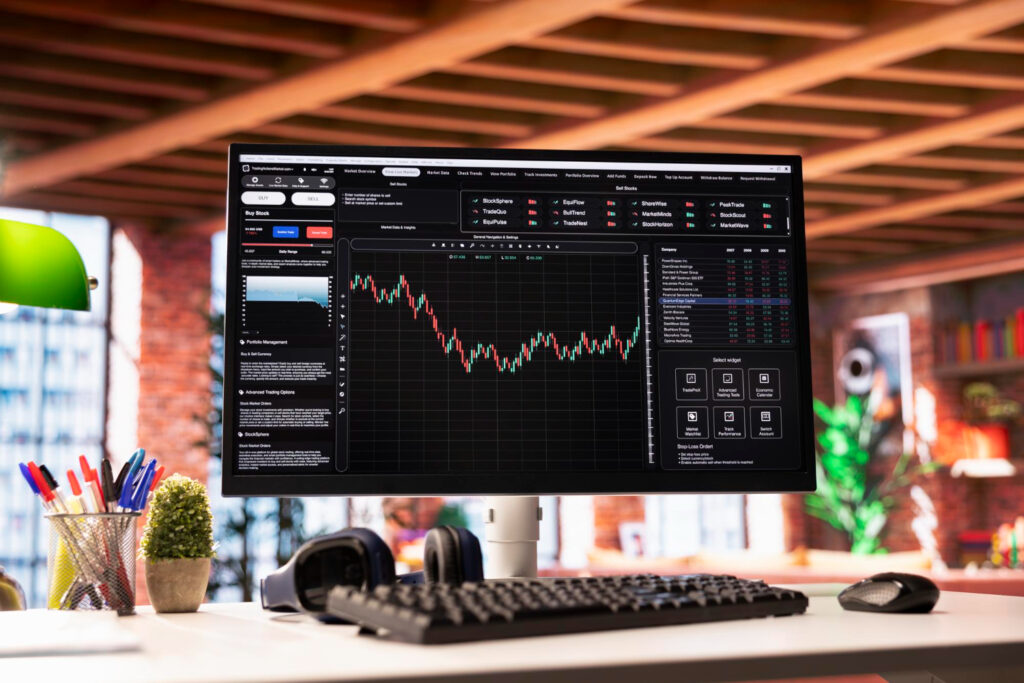
Which futures broker really gives you the best balance of cost, tools, and reliability? The answer often starts with the essentials: how much you need to deposit and how the platform performs under pressure. That’s why we’ve compiled each broker’s minimum deposit requirement along with our exclusive BrokerGuide overall rating, based on weeks of real testing across fees, execution, platform design, and trader experience.
| Broker | Overall Rating | Minimum Deposit | Account Opening Time |
|---|---|---|---|
| Interactive Brokers | 4.9/5 | $0 | 1-3 days |
| Charles Schwab | 4.6/5 | $0 | 1 day |
| TradeStation | 4.6/5 | $0 | 1 day |
| Webull | 4.4/5 | $0 | 1 day |
| Tastytrade | 4.4/5 | $0 | 1 day |
| E*TRADE | 4.4/5 | $0 | 1-3 days |
| Tickmill | 4.4/5 | $100 | 1 day |
| Robinhood | 4.4/5 | $0 | 1 day |
| NinjaTrader | 4.4/5 | $0 | 1-3 days |
| Optimus Futures | 4.3/5 | $500 | 1 day |
How to Choose a Futures Broker in 2025
What separates a good futures broker from a great one? It’s about how well the platform supports your trading style, from execution speed to market access and the tools you rely on when volatility spikes. A smart choice gives you the confidence to focus on strategy while your broker handles the heavy lifting in the background.
Pro Tip: Don’t just open an account with the biggest brand name—test the broker’s demo platform first. It’s the fastest way to see if the trading tools, execution speed, and overall experience match what you actually need in live markets.
Broker Guide
Critical Pitfalls to Avoid
1. Ignoring Margin Requirements
Low commissions can look appealing, but if your broker sets high margin requirements, you’ll need far more capital than expected to open and maintain positions. Always compare margin rates before committing.
2. Overlooking Hidden Fees
Inactivity charges, platform fees, or withdrawal costs can sneak up and erode your returns. Don’t just check commissions—scrutinize the fine print.
3. Trading on Weak Platforms
Futures markets move fast. A platform with poor execution speed, limited order types, or unstable servers can cost you more than any commission savings.
4. Trusting Unregulated Brokers
Without top-tier regulation, your funds may not be protected if something goes wrong. Always verify a broker’s license with its regulator before sending a deposit.
Avoiding these pitfalls isn’t about perfection—it’s about protecting your capital. A regulated broker, fair fee structure, reliable platform, and manageable margin requirements are non-negotiable for long-term success in futures trading.
Broker Guide
Online Brokers - Users Data
Our insights aren’t just based on published facts and broker marketing; they’re also grounded in real user choices. This section draws from our own database, reflecting which brokers traders actually select and stick with. By analyzing thousands of user decisions, we can highlight not only the most trusted names but also reveal trends in what traders truly value in a futures broker.





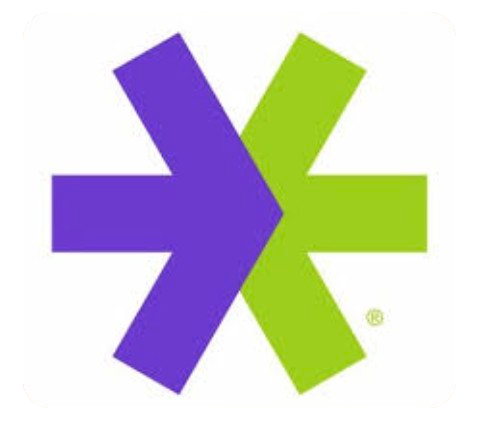




Fee Comparison
Futures brokers differ widely in how they structure commissions, exchange fees, and margin rates, making it critical to compare before committing. Below is a side-by-side look at the key fees across leading futures brokers in 2025.
| Broker | Overall Rating | Fees |
|---|---|---|
| Interactive Brokers | 4.9/5 | $0.25 - $0.85 |
| Charles Schwab | 4.6/5 | $2.25 |
| TradeStation | 4.6/5 | $1.50 |
| Webull | 4.4/5 | $0.25 - $1.50 |
| Tastytrade | 4.4/5 | $0.50 - $1.00 |
| E*TRADE | 4.4/5 | $1.50 |
| Tickmill | 4.4/5 | $0.85 - $1.30 |
| Robinhood | 4.4/5 | $0.50 |
| NinjaTrader | 4.4/5 | $0.35 - $1.29 |
| Optimus Futures | 4.3/5 | $0.10 - $0.75 |
Non-Trading Fees
Beyond the spreads and commissions you see on each trade, brokers also apply non-trading fees that can quietly eat into your returns. These include deposit fees (usually free, but some brokers charge for certain payment methods), withdrawal fees (often a fixed cost or percentage depending on the method), and the infamous inactivity fee, which kicks in if your account sits idle for too long.
While these charges may look small, they add up quickly for casual or long-term traders who don’t monitor them closely. You should always check withdrawal methods before funding an account — sometimes the cheapest way to deposit isn’t the cheapest way to withdraw.
| Broker | Account Fee | Inactivity Fee | Withdrawal Fee | Deposit Fee |
|---|---|---|---|---|
| Interactive Brokers | $0 | $0 | ||
| Charles Schwab | $0 | $0 | ||
| TradeStation | $0 | $0 | ||
| Webull | $0 | $0 | ||
| Tastytrade | $0 | $0 | ||
| E*TRADE | $0 | $0 | ||
| Tickmill | $0 | $0 | ||
| Robinhood | $0 | $0 | ||
| NinjaTrader | $0 | $0 | ||
| Optimus Futures | $0 | $0 |
Regulations and Safety Measures
When trading futures, your broker’s safety standards matter just as much as the tools they offer. The best futures brokers operate under strict regulation from authorities like the CFTC (Commodity Futures Trading Commission) and NFA (National Futures Association) in the U.S., or equivalent agencies worldwide.
Regulation & Licensing
Ensure your broker is registered with a recognized authority such as the CFTC/NFA in the U.S. or FCA in the U.K. This guarantees compliance with investor protection rules.
Segregated Client Funds
Reliable brokers keep client deposits in separate accounts, protecting your money from the company’s operational expenses.
Platform Security
Features like two-factor authentication (2FA), SSL encryption, and secure payment gateways add layers of protection to your trading.
Reputation & Track Record
A broker with a clean regulatory history and years of operation is less likely to pose hidden risks.
Pro tip: A broker with strong regulatory backing and robust security measures gives you peace of mind to focus on trading — not worrying about your funds.
How to Verify Your Broker’s Legitimacy
Checking if a futures broker is regulated doesn’t need to be complicated — you can do it in under a minute:
- Find the Broker’s Registration Number – Legitimate brokers publish their license or registration ID at the bottom of their website.
- Go to the Regulator’s Official Website – For U.S. brokers, that’s the NFA BASIC database or the CFTC website. In the U.K., it’s the FCA register, and in Europe, ESMA-linked regulators.
- Search & Match – Enter the broker’s name or license number and confirm it matches. Pay attention to the broker’s legal entity name — some operate under multiple subsidiaries.
👉 Pro Tip: If you can’t find a broker in the regulator’s database, treat it as a red flag and walk away.
Comparing the Best Brokers
When it comes to choosing a futures broker, sometimes you don’t need a deep dive and just the essentials. This section provides you with quick snapshots of each broker, including minimum deposits, fees, account processing time, and platform highlights. Think of it as a side-by-side overview designed to help you spot the broker that fits your trading style at a glance.

Interactive Brokers
Recommended for professional futures traders who want rock-bottom commissions and access to more than 35 global futures markets. The platform delivers top-tier research, real-time data, and robust risk management tools. However, its complexity can be intimidating for casual or beginner traders.
| Interactive Brokers Overview | Interactive Brokers Data |
|---|---|
| Minimum Deposit | $0 |
| Deposit Method | Bank Transfer |
| Withdrawal Method | Bank Transfer |
| Withdrawal Fee | $0 |
| Account Opening Time | 1-3 Days |
| Inactivity Fee | |
| Review | Read Here |

Charles Schwab
Recommended for investors who want to trade futures within a full-service brokerage that also supports stocks, ETFs, and retirement accounts. Schwab offers strong research, a trusted reputation, and seamless integration with its StreetSmart platforms. Futures tools are solid, but they don’t go as deep as more specialized platforms.
| Interactive Brokers Overview | Interactive Brokers Data |
|---|---|
| Minimum Deposit | $0 |
| Deposit Method | Bank Transfer |
| Withdrawal Method | Bank Transfer |
| Withdrawal Fee | $0 |
| Account Opening Time | 1 Day |
| Inactivity Fee | |
| Review | Read Here |

TradeStation
Recommended for serious futures traders who value advanced charting, automation, and strategy testing. Its tools are highly customizable, making it a favorite for systematic and active traders. Still, the platform requires time to master and isn’t as user-friendly for beginners.
| Interactive Brokers Overview | Interactive Brokers Data |
|---|---|
| Minimum Deposit | $0 |
| Deposit Method | Bank Transfer |
| Withdrawal Method | Bank Transfer |
| Withdrawal Fee | $0 |
| Account Opening Time | 1 Day |
| Inactivity Fee | |
| Review | Read Here |

Webull
Recommended for new traders who want to access futures alongside stocks, options, and crypto in a single app. The platform is simple to use, with commission-free trading and quick account setup. That said, its futures research tools are limited compared to established brokers
| Interactive Brokers Overview | Interactive Brokers Data |
|---|---|
| Minimum Deposit | $0 |
| Deposit Method | Bank Transfer |
| Withdrawal Method | Bank Transfer |
| Withdrawal Fee | $0 |
| Account Opening Time | 1-3 Days |
| Inactivity Fee | |
| Review | Read Here |

Tastytrade
Recommended for traders interested in combining futures and options strategies with strong educational content. The platform provides intuitive tools that are especially appealing for active retail traders. However, its futures product range is narrower than that of larger competitors.
| Interactive Brokers Overview | Interactive Brokers Data |
|---|---|
| Minimum Deposit | $0 |
| Deposit Method | Bank Transfer |
| Withdrawal Method | Bank Transfer |
| Withdrawal Fee | $0 |
| Account Opening Time | 1 Day |
| Inactivity Fee | |
| Review | Read Here |

ETRADE
Recommended for investors looking for a well-rounded broker with reliable futures trading, intuitive mobile apps, and a strong reputation. The Power E*TRADE platform offers decent charting and order management features. Still, its futures offering is less advanced compared to platforms built exclusively for futures.
| Interactive Brokers Overview | Interactive Brokers Data |
|---|---|
| Minimum Deposit | $0 |
| Deposit Method | Bank Transfer |
| Withdrawal Method | Bank Transfer |
| Withdrawal Fee | $0 |
| Account Opening Time | 1-3 days |
| Inactivity Fee | |
| Review | Read Here |

Tickmill
Recommended for traders who want low-cost access to futures markets with transparent spreads and fast execution. Tickmill is recognized for competitive pricing and improving educational support. However, it lacks the broad product range offered by larger, multi-asset brokers.
| Interactive Brokers Overview | Interactive Brokers Data |
|---|---|
| Minimum Deposit | $100 |
| Deposit Method | Bank Transfer, Credit Cards, Debit Cards, Neteller, Skrill, Crypto Payments, Sticpay, Fasapay, UnionPay, WebMoney |
| Withdrawal Method | Bank Transfer, Credit Cards, Debit Cards, Neteller, Skrill, Crypto Payments, Sticpay, Fasapay, UnionPay, WebMoney |
| Withdrawal Fee | $0 |
| Account Opening Time | 1 Day |
| Inactivity Fee | |
| Review | Read Here |

Robinhood
Recommended for beginners who want a simple, commission-free way to explore futures alongside stocks and ETFs. Its mobile-first design and zero account minimums make it highly accessible. Still, advanced futures traders will find the platform lacking in depth and tools.
| Interactive Brokers Overview | Interactive Brokers Data |
|---|---|
| Minimum Deposit | $0 |
| Deposit Method | Bank Transfer, Debit/Credit Card |
| Withdrawal Method | Bank Transfer, Debit/Credit Card |
| Withdrawal Fee | $0 |
| Account Opening Time | 1 Day |
| Inactivity Fee | |
| Review | Read Here |

NinjaTrader
Recommended for experienced futures traders who want professional-grade charting, advanced analytics, and support for algorithmic strategies. The platform’s access to deep market data is a major draw. But the setup process and platform complexity can be challenging for newcomers.
| Interactive Brokers Overview | Interactive Brokers Data |
|---|---|
| Minimum Deposit | $0 |
| Deposit Method | Bank Transfer |
| Withdrawal Method | Bank Transfer |
| Withdrawal Fee | $0 |
| Account Opening Time | 1-3 Days |
| Inactivity Fee | |
| Review | Read Here |

Optimus Futures
Recommended for futures specialists who want direct market access, flexible margin options, and support for multiple third-party platforms. The broker is highly respected for personalized customer service and professional-grade tools. The trade-off is that casual traders may find the number of platform choices overwhelming.
| Interactive Brokers Overview | Interactive Brokers Data |
|---|---|
| Minimum Deposit | $500 |
| Deposit Method | Bank Transfer |
| Withdrawal Method | Bank Transfer |
| Withdrawal Fee | $20 |
| Account Opening Time | 1 day |
| Inactivity Fee | |
| Review | Read Here |
Key Takeaways
- Best for Beginners: Webull, Robinhood, and Tastytrade shine with simple platforms, low barriers to entry, and straightforward access to futures trading.
- Best for Experienced Traders: Interactive Brokers, NinjaTrader, and TradeStation lead with advanced tools, global market access, and deep analytics.
- Balanced Options: Charles Schwab and E*TRADE offer trusted full-service brokerage support, while Tickmill and Optimus Futures attract cost-conscious or highly specialized traders.
Bottom line: Whether you’re dipping into futures for the first time or managing complex strategies, there’s a broker here tailored to your needs.
Why Trust Broker Guide?
BrokerGuide combines independent research, hands-on testing, and real trader feedback to deliver unbiased recommendations. Every broker we feature is carefully evaluated across regulations, fees, platform usability, product range, and overall reputation.
Hands-On Testing
We open live accounts, place trades, and test deposits and withdrawals to experience each broker as a real trader would.
Data-Driven Reviews
Every platform is measured against dozens of metrics, from fees and spreads to research tools and mobile usability.
Regulation Verification
We cross-check each broker with official regulators worldwide to confirm licenses, safety, and compliance.
Community Insights
Our ratings incorporate feedback from thousands of active traders in our database to reflect real-world performance.
Independent Analysis
No broker pays us to rank higher. Our recommendations are based solely on verified results, not marketing spin.
"Here, trust isn’t an add-on — it’s the foundation of everything we publish.”
Broker Guide Tweet
How We Score Brokers
We believe rankings are meaningless without transparency. Our scoring system, refined 10,000+ hours of testing, evaluates brokers against 106 objective criteria, grouped into 5 weighted pillars. Each pillar reflects what actual traders prioritize, based on surveys of 20,000+ readers and market gap analyses. Here’s how we turn raw data into actionable insights:
1. Fees & Costs (30%)
Low commissions mean little if hidden fees erode returns.
☑️ We tracked 500+ live trades to measure spread consistency (e.g., Pepperstone’s EUR/USD vs. IG’s).
☑️ Audited non-trading fees such as inactivity penalties, withdrawal costs (eToro’s $5 fee), currency conversions (Oanda’s 0.9% markup).
☑️ Modelled long-term costs. Compared $10,000 portfolio scenarios (e.g., Schwab’s $0 equity fees vs. XTB’s CFD financing charges).
2. Safety & Regulation (25%)
Your capital’s security is non-negotiable.
☑️ Verified licenses with regulators (e.g., FINRA ID 36408 for Interactive Brokers).
☑️ Confirmed fund segregation via bank statements (e.g., Fidelity’s JPMorgan Chase accounts).
☑️ Stress-tested encryption. Attempted breaches on dummy accounts (256-bit SSL minimum).
☑️ Tracked compensation schemes. SIPC ($500k) vs. FSCS (£85k) vs. ASIC’s requirements.
3. Tools & User Experience (20%)
Clunky tools cost time and opportunities.
☑️ We measured platform stability during volatility (e.g., thinkorswim’s crash rate vs. Trading 212’s).
☑️ Rated mobile apps (iOS/Android) for speed, biometric security, and order-fill latency.
☑️ Audited advanced features: Backtesting capacity (SaxoTraderPRO), API reliability (Oanda), AI charting (IG’s ProRealTime).
4. Asset Diversity (15%)
Diversification shouldn’t require 5 brokers.
☑️ Mapped instrument coverage. Stocks (Schwab), forex (Pepperstone), crypto (eToro), bonds (Fidelity).
☑️ Verified market access. Pre-market hours (IBKR), weekend indices (IG), global exchanges (Saxo).
☑️ Checked fractional share support (Trading 212) and micro-lot trading (Oanda).
5. Support & Reliability (10%)
When markets move, slow support loses money.
☑️ Timed response rates. 24/7 chat (Pepperstone: 28s avg), phone (Schwab: 2m 14s), email (XTB: 6h).
☑️ Submitted complex queries. Tax docs (Fidelity), margin errors (IBKR), withdrawal disputes (eToro).
☑️ Monitored outage frequency during earnings/NFP events.
FAQ
What is a futures broker and why do I need one?
A futures broker gives you access to futures markets, handles order execution, and provides platforms, tools, and account services to support your trading.
What’s the minimum deposit to start trading futures?
It varies widely — some brokers like Webull or Robinhood let you start with as little as $0, while advanced platforms like Interactive Brokers may require $100 or more.
Are futures brokers safe to use?
Yes, if they’re regulated by trusted authorities like the CFTC, NFA, FCA, or ASIC. Always verify regulation before funding your account.
Which broker is best for beginners?
Webull, Robinhood, and Tastytrade stand out for their ease of use, low entry costs, and straightforward platforms.
Which futures broker is best for professional traders?
NinjaTrader, Interactive Brokers, and TradeStation offer advanced analytics, customizable platforms, and deep market access ideal for experienced traders.
What are the main fees to watch out for?
You’ll face trading commissions, exchange fees, and sometimes data costs. Don’t forget non-trading fees like withdrawals or inactivity charges.
Can I trade futures on my phone?
Yes, most top brokers have robust mobile apps with real-time quotes, charting tools, and order management.
How do I withdraw money from a futures trading account?
Withdrawals are typically processed via bank transfers, with processing times ranging from same-day to a few business days depending on the broker.
Do futures brokers offer demo accounts?
Many do, including NinjaTrader, Optimus Futures, and Interactive Brokers, allowing you to practice strategies risk-free before committing real capital.
How much capital do I need to trade futures?
While you can open accounts with a few hundred dollars, meaningful futures trading often requires at least $2,000–$5,000 to manage margin requirements responsibly.




